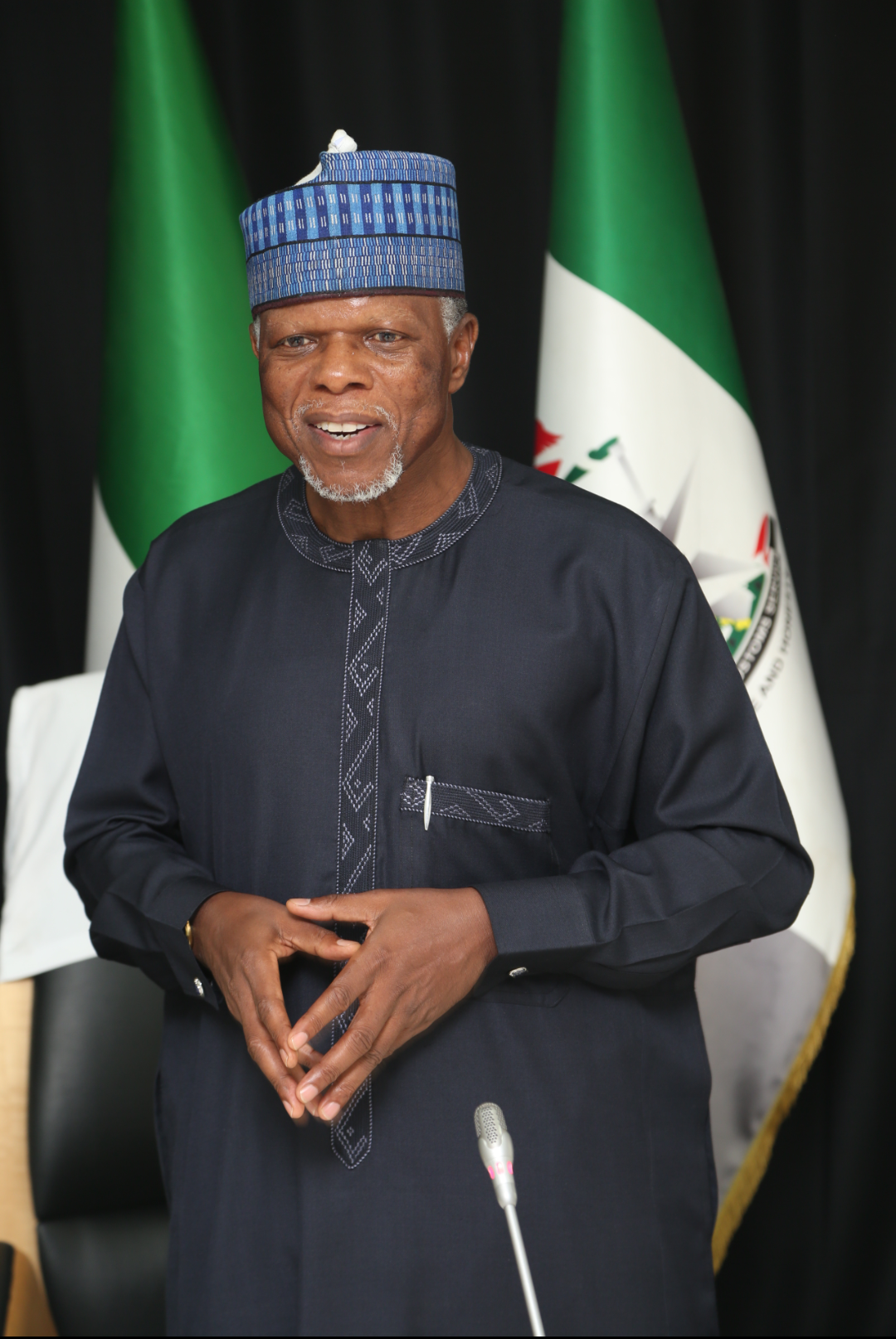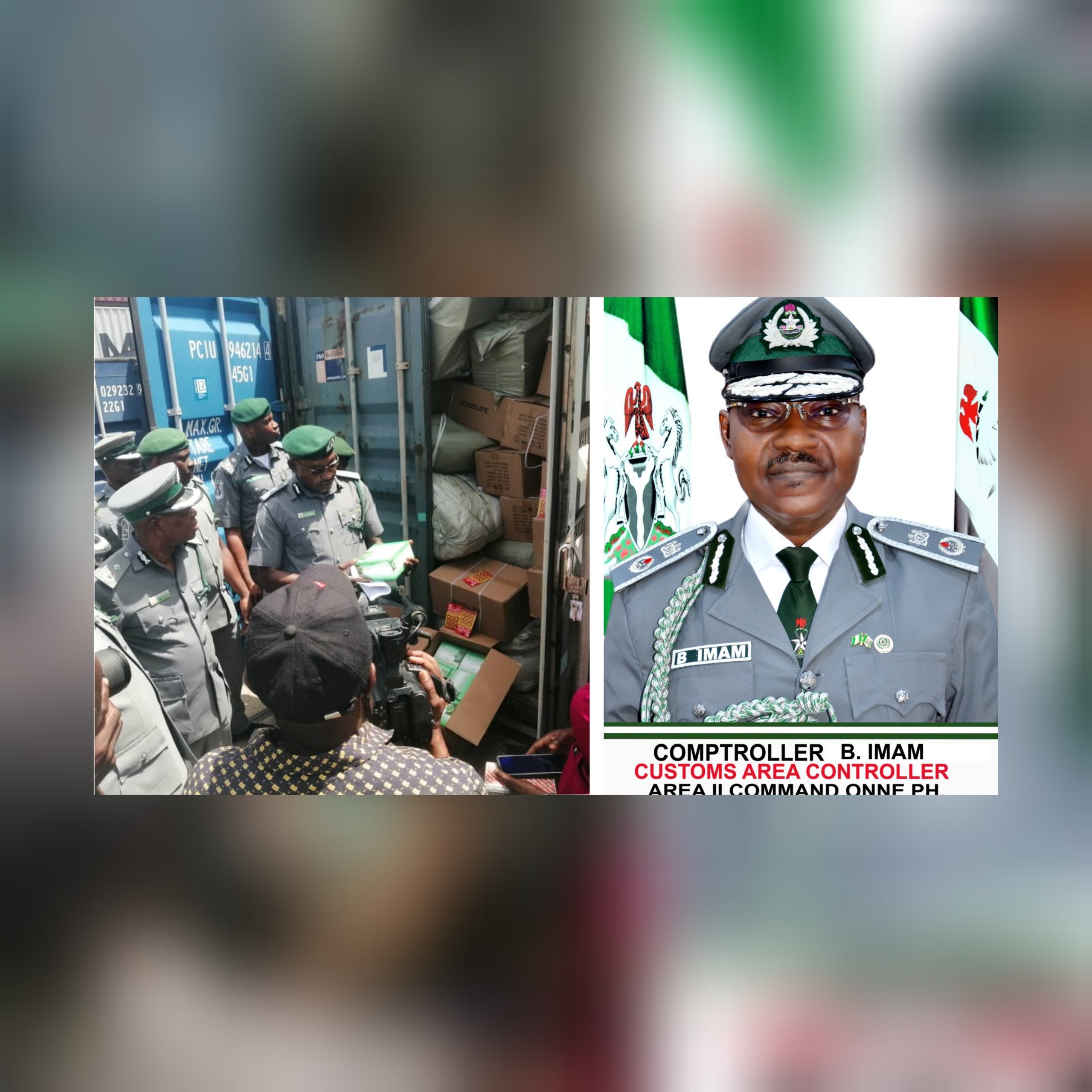
GAINT STRIDE – ONNE CUSTOMS COMMAND GENERATES N136 BILLION REVENUE IN HALF YEAR INTERCEPTS 32 SEIZURES OF CONTRABAND GOODS WORTH OVER N1BILLION
With the core mandate of the Federal government on fiscal policies which include revenue generation, anti smuggling and unwavering resolve to facilitate trade, the Nigeria Customs Service, NCS, Port Harcourt Area 11 Command, Onne says it had generated over N136, 213,838, 643. 56 Billion in the half year of 2023, covering January to the 20th of July 2023 and intercepted 32 contraband goods worth over N1Billion the same period under review.
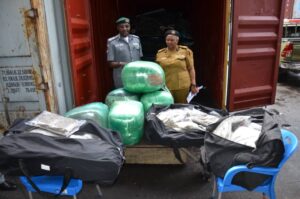
The Forward News Media correspondent reports that this disclosure was made available in a press statement issued and signed by the Command’s public Relations officer Superintendent Benjamin Lomba in Port Harcourt, the Rivers state capital.
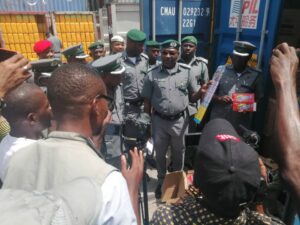
Recall that since assumption of Office early this year, Compt. Imam Baba has continued to add value, and innovation which resulted in total face-lift of the entire command especially with the construction of a new 110-seater capacity conference hall, 40-seater training centre among others which have created a conducive business environment for Maritime stakeholders.
Such robust stakeholders’ engagement has resulted in a high revenue profile and ensured strict compliance to import, export and clearance procedures.
Comptroller Imam’s dynamic and results- oriented leadership style has ensured the blockage of all possible revenue leakages and smuggling activities which resulted in “the seizures of a total number of containers – Thirty two (32) with Duty Paid Value of ₦1,152,747,338.88; notable among this seizure consists of the following;
Pharmaceutical/Medicament and fireworks with Duty Paid Value of 139.8 Million naira; Vegetable oil with Duty Paid Value of 833.1 Million naira; Plastic with Duty Paid Value of 6.6 Million naira; Textiles with Duty Paid Value of 3.6 Million.”
Continuing, the statement says “In the Month of June, The Command made a Seizure of drugs in one of the Bonded Terminals. The drugs were handed over to NDLEA in order to fulfill our obligation as contained in the memorandum of understanding between the Nigeria Customs Service and NDLEA.”
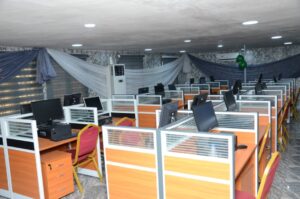
On the Transire/Bonded Terminal, The Customs Area Controller, Compt Imam Baba, noted that “It is important to inform the public that one of the core functions of Customs is trade facilitation which entails a streamlined and simplified technical and legal procedure for items entering or leaving Nigeria.”
He added that, these Procedures are guides in which all Customs officers must adhere to saying “in recent times the Area 11 Command Onne has observed that stakeholders are misinformed about some of these procedures, especially the procedure for transferring containers to bonded terminals.”
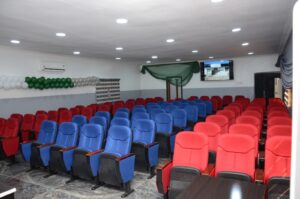
The CAC insisted that it was necessary to educate the public that the final destination of any consignment rests in the choice of the owner even as he stated that “It is necessary to educate the public that the final destination for any consignment into the Country is at the owner’s choice. Hence, the procedure to follow in achieving these cannot be altered by any customs officer including an Area Controller.”
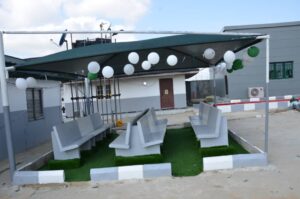
Compt. Imam continued, “Firstly the importer has to stipulate the bonded terminal or port that will be the final destination right at the country of exportation. The Final destination is always indicated in the bill of lading which is transmitted via the shipping companies to the sea port where the vessel will berth.
The statement continued, “The Onne Command on receiving the transmission by procedure is expected to check two things on the bill of lading. Which are the Nature code and the Transit clause to ensure that the consignments are destined for a bonded terminal outside the command.”
He reiterated that “This negates the erroneous belief that consignments land in Onne port and thereafter the importer decides to move them to a bonded terminal.
The CAC reaffirmed, “Once again Customs officers cannot determine the final destination of any consignment into the Country.”
“Secondly part of the procedure stipulates that this items moving to bonded terminals should have a bond which is one of the requirements the Onne Command ensure is fulfilled before the third procedure of escort from Onne Port to the bonded terminal.”
He posited that the moment all these requirements were met no Officer not even the area controller can stop these consignments from leaving the port even as he added that , by procedure this consignment cannot be examined in the Command before their departure no matter their content.
He explained that the best the Command could do was to relay any intelligence about the consignment to the Customs formation where it was destined to arrive.
Compt Imam, reiterated, that It was worthy to note that it is only the customs officers at the final destination that were allowed by procedure to examine the consignment even as he emphasized that for consignments destined for a bonded terminal under the Command jurisdiction by procedure they are subjected to Payment of duty via the designated banks before proceeding to the bonded terminal.
The Customs Area Comptroller made it clear that “The public and our stakeholders should note that these procedures are strictly observed by the Onne Customs Command hence should have a rethink before assuming fictitious imaginations about operations in Onne.
However, the statement stated that the Command recently got a directive from Headquarters in Abuja to ensure that all consignments leaving the port are scanned. “This instruction has been carried out diligently.”
In view of the development, “All stakeholders involved in movement of containers via transpire to other destinations outside the port can testify to the fact that their containers are scanned after fulfilling the necessary procedures before leaving the port.” He asserted.
He therefore called on all importers, exporters and Licensed Customs Agents to adhere strictly to the fiscal policies of the Federal government housevowing that the Command would not condone any action or inaction capable of derailing or undermining the federal government fiscal policies on imports and exports.


